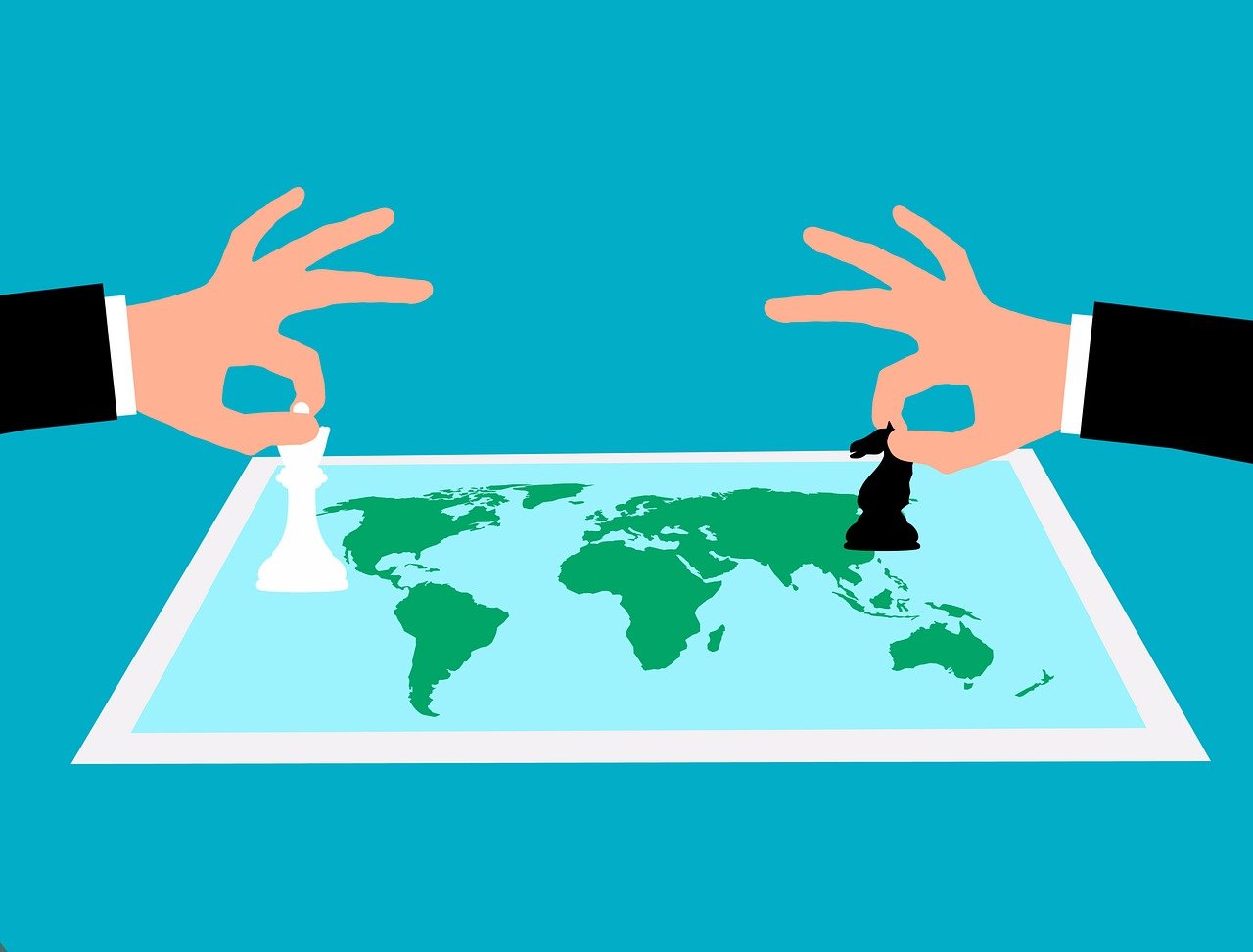Tickets are free but places are limited. Register for tickets via Partiful here
What is the role of soft power today?
Coined in the late 1980’s, the concept of ‘soft power’ has become a staple feature of foreign policy and international development debates. Its advocates see it to be a form of international influence, a means of ensuring that foreign nations remain on-side and align with our values and interests without resorting to coercion. Proponents point to international aid or the influence of major institutions such as the BBC as examples of Britain’s cultural dominance. But is this really the case?
An increasing number of voices are calling into question the utility of soft power. Whether it be suggesting that our institutions have been more interested in appearing positive on the world stage than serving Britain’s national interest, or that in an age of increasing military antagonism the emphasis on soft power is a losing game. Others have pointed out that many countries that receive millions of tax-payer funded international aid regularly fail to act in Britain’s interests.
So, what is soft power and how is it wielded today? In an era where Britain simply does not and even cannot have the economic or military might of hard power, is cultivating soft power an effective strategy or merely a comforting story? Has soft power any substance at all now that hard power is resurgent on the world stage?
March 26, 6.30-8pm, The Art Workers’ Guild, 6 Queen Square, London WC1N 3AT
Speakers:
Helen Ramscar, co-author of Britain’s Persuaders: Soft Power in a Hard World
Ollie Ryan Tucker, national security researcher
Professor Alexander Evans OBE, diplomat and academic, LSE
Chair: Munira Mirza, Chief Executive, Civic Future





